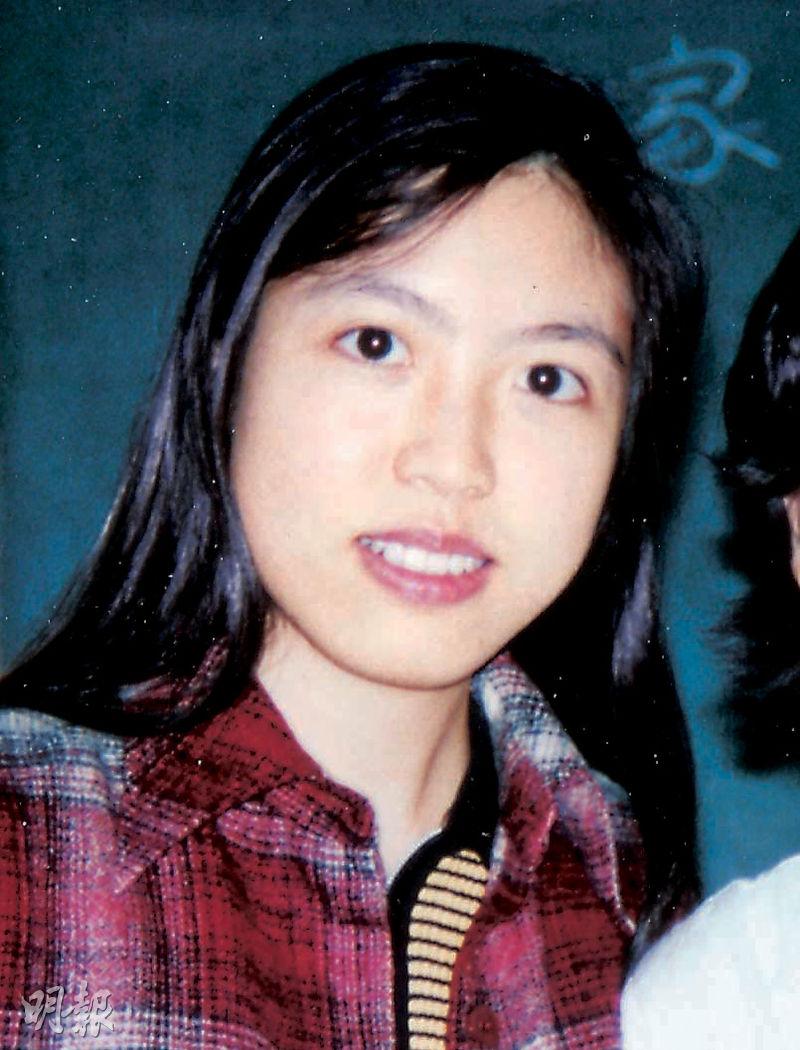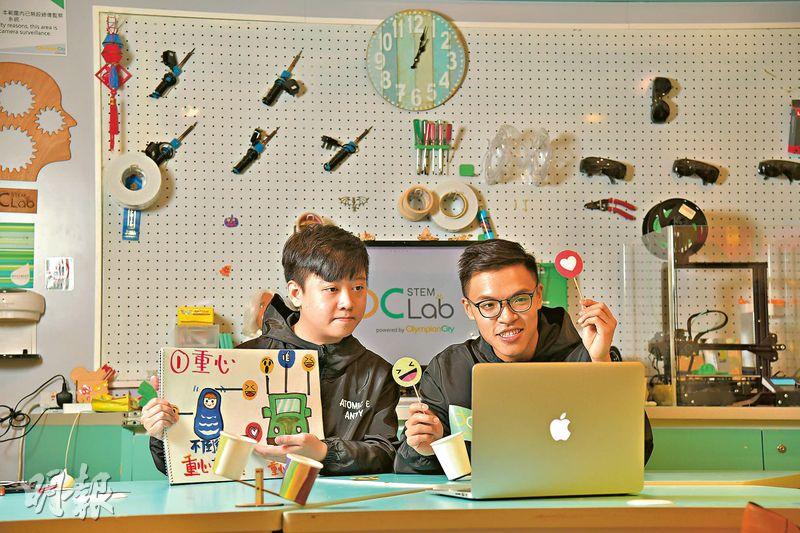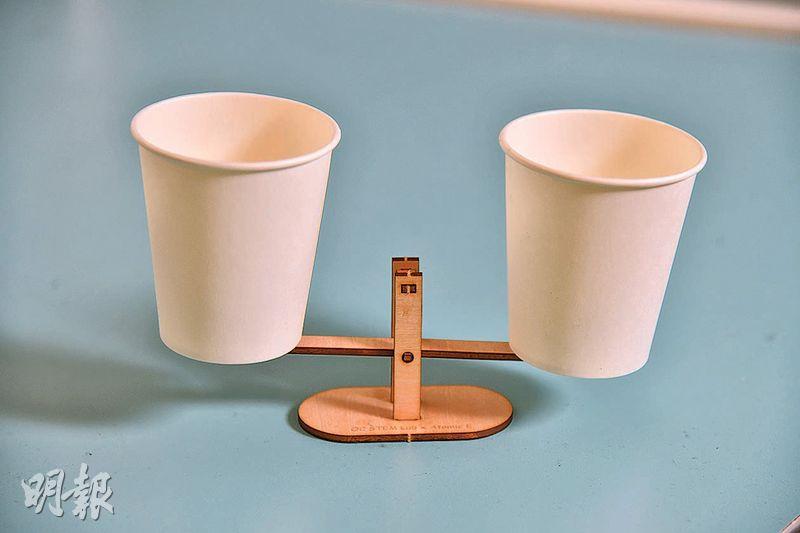Road
to 5**:Altruism
【明報專訊】The idea of altruism (利他主義) was proposed by French philosopher Auguste Comte (孔德) in 1852. It refers to the situation in which humans put aside their self-interest and consider other people's well-being. There are three criteria for deciding whether an act is altruistic:
1. Attempt to ''increase'' other's well-being
2. Absence of obvious external rewards
3. Personal sacrifice that is necessary in order to help others
American social scientist Daniel Batson believes that empathy (同理心) is an important factor in altruism. He devides empathy into two parts, one being cognitive and the other being emotive. The former can be understood as an understanding of other's need for help, while the latter is the concern and compassion for others.
Dr. Joanna Tse
In February 2003 a doctor from Guangdong Province bought the SARS virus to Hong Kong. Hong Kong was one of the worst-hit regions in the world, as the virus went on to kill 299 Hong Kong people. The epidemic caused 779 deaths in the world. During the outbreak, Dr. Joanna Tse Yuen-man (謝婉雯) worked at Tuen Mun Hospital. She volunteered to work at a highly dangerous ward. In late March 2003 Dr. Tse was infected when taking care of a patient. She died around a month later. Dr. Joanna Tse's altruism is well regarded by Hong Kong people. She is called ''Hong Kong's daughter''.
Scarce resources
Michael Sandel, a political philosophy professor at Harvard University, argues that virtues (美德) such as altruism and generosity are scarce resources, and they should be ''utilized'' in accordance with the mechanisms of the market. However, he believes that virtues are like muscles——they become stronger when they are used. It is ridiculous to convert virtues, ethics and moral values into money.
Organ donation
The year 2019 might have been the year with the lowest cases of kidney transplants in Hong Kong in 20 years. As of November 2019 there had been only 44 cases of kidney transplants that year. The Hong Kong Kidney Foundation described the figures as ''quite worrying'', but it believed that there were many reasons behind the phenomenon. Medical workers, for example, were so busy that they were not fully aware of potential donors. The possibility that the deterioration in the social atmosphere affected citizens' willingness to donate their organs cannot be ruled out.
Translated by Terence Yip
[通通識 第639期]











